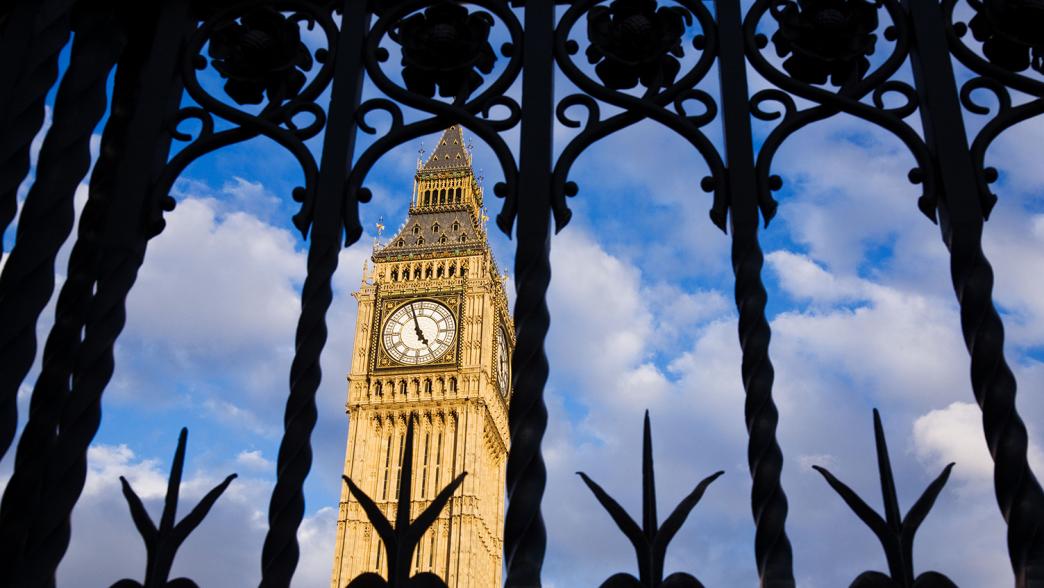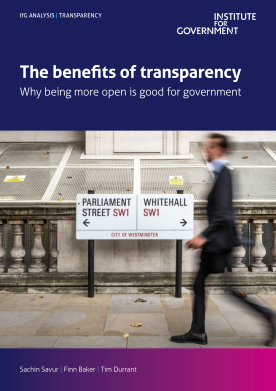The UK needs to regain its status as a pioneer in government transparency
Ministers should recognise that being transparent is good for government.

Ministers should put transparency back on the agenda – or risk losing out on the potential benefits, write Finn Baker and Sachin Savur
The benefits of transparency
Rishi Sunak and Keir Starmer should commit to a more transparent approach to government if they win the next general election. But why is being more open good for government?
Download